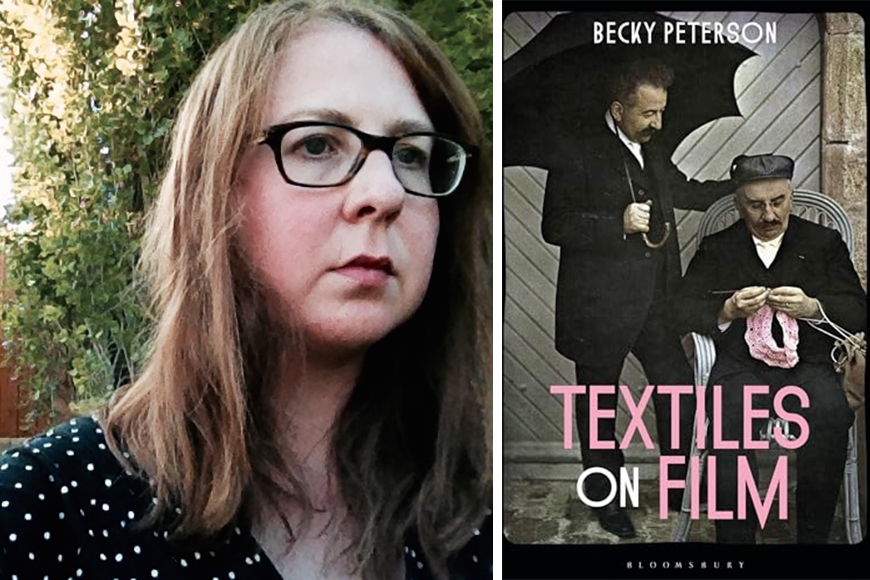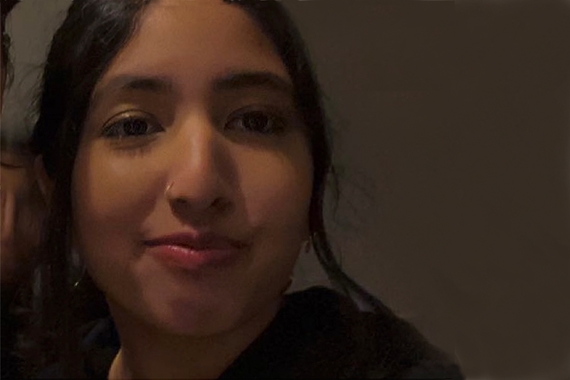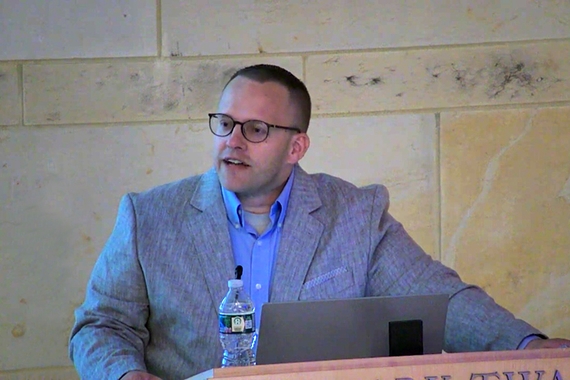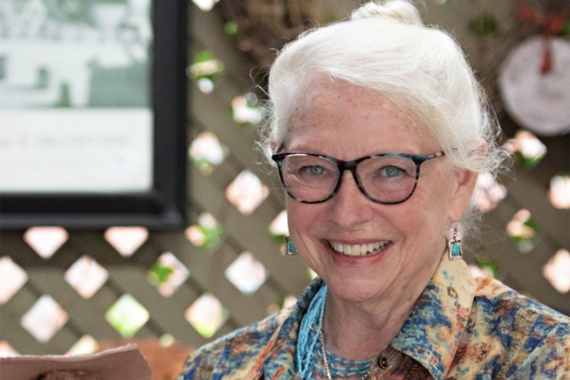Career Diversity: Publishing as an Independent Scholar, Working as a Grant Writer
Interdisciplinary research Becky Peterson (PhD 2010) did at the U on dress and textile studies led to her first book, Textiles on Film, out this spring. But the book, while on a related topic, is not a revised version of her dissertation, "Experimentation, Identification, Ornamentation: Avant-garde Women Artists and Modernism's Exceptional Objects." Explains the independent scholar: “An editor at Bloomsbury reached out to me after reading one of my dissertation chapters, which I had published as an article while in graduate school, and asked if I would write a book about textiles and film. It required I write an entirely new manuscript.”
The book project was made possible in part by Peterson’s grant writing for nonprofit organizations that support LGBTQIA+ communities and gender equity in New Mexico. “For me, freelance grant writing and consulting has provided me with the time and space to complete my manuscript, while also being a parent,” she says. “I am privileged to have a supportive husband with a good job and health insurance, which means I can avoid many of the financial risks of freelancing. I teach occasionally but, like many others, have been discouraged by a lack of stability and respect for teachers.” Peterson graciously answered our emailed questions.
What is most energizing about grant writing?
I like that I can use my writing skills to get money to people who need it. I find social justice and activist work very fulfilling, but as an introverted person I have limited energy for the ongoing demands of speaking and organizing. I’m glad to know I can utilize my writing and research skills to support others. Also, most people really do not like writing grants, so there is plenty of need!
What skills honed during your graduate studies have been helpful in grant writing?
My time spent in library research has translated into an ability to quickly and accurately locate and assess funding sources. And I believe my experience in literature classrooms has trained me to effectively argue using both specific details and broad contexts, a valuable skill for a grant writer. I find myself using the language of intersectional feminism regularly and in conversations with clients.
What do you wish you had known as a graduate student?
I wish I had spent more time thinking in depth about what I actually wanted to do with my life and my career. I hoped to maintain the freedom I enjoyed in academia. But as a graduate student I was not able to clearly identify what was important to me or to imagine a realistic career path. Now I see that, for me, having a sense of political engagement as well as time for my own writing are crucial, and I have been lucky to find these in my current freelance work.
What advice would you give current graduate students?
It can be hard to see outside of academia when you are inside of it. Because most of the people I knew who were still writing after graduate school were teaching college, I assumed teaching would provide me with time for my creative work (this is often not the case).
I would have benefited from talking to people from a wider range of career fields. If you like the idea of serving your community as part of the nonprofit sector or as a government employee, I recommend reaching out to people in those areas and asking them about their experiences. These positions value the skills we gain while studying and teaching literature: training groups of people, researching and writing, critical inquiry, and effective communication.



